This is an audio transcript of the Behind the Money podcast episode: ‘How a 7-Eleven takeover could reshape corporate Japan’
Michela Tindera
Over the weekend, my colleague, Leo Lewis stopped by a 7-Eleven in central Tokyo. Inside, he grabbed a fruit cup, some strawberries, bananas from one of the store’s freezers, and he made himself a smoothie. He also pulled some cash out of an ATM. Leo’s the FT’s Tokyo bureau chief, so he’s in a 7-Eleven . . .
Leo Lewis
Across the week, I’d say it’s at least a dozen times that I go in for one reason or another.
Michela Tindera
Think about a convenience store and a lot of places around the world. You pop in to grab a soda or some candy for a road trip. And those hot dogs rolling on the griddle look . . . well, they just look sad. But that’s a far cry from what you’re getting at a Japanese 7-Eleven.
Leo Lewis
7-Eleven convenience stores in Japan are an extraordinary kind of phenomenon, really. It provides services that convenience stores elsewhere in the world could really only dream of.
Michela Tindera
But now a Canadian company wants to acquire these quintessentially Japanese shops, and that is a big deal, Leo says. Not only because 7-Eleven has this reputation in Japan, but also because for a long time, most domestic companies have basically had giant “not for sale” signs hanging on their front doors. And those signs have been especially pointed towards foreign companies.
Leo Lewis
For 20-odd years, I’ve been covering Japan. There’s been an expectation that something like this might one day happen. And all sorts of reasons why it never happened. And then suddenly it has and on grand scale.
[MUSIC PLAYING]
Michela Tindera
And this proposed deal, Leo guesses, could be the first of many more to come.
Leo Lewis
And what this opens up is even more exciting, which is Japan becoming a serious global mergers and acquisitions market that is testing something new in Japan. But what we think is going to happen is that this opens the way for M&A by foreign companies looking to buy Japanese companies in a way that we just haven’t seen before.
[MUSIC PLAYING]
Michela Tindera
I’m Michela Tindera from the Financial Times. Today on Behind the Money, why a proposed takeover of a beloved convenience store chain in Japan could mark a big change in the country’s dealmaking and corporate culture. Does it signal that Japan is finally open to foreign acquisitions?
[MUSIC PLAYING]
In August, that Canadian company, a business called Alimentation Couche-Tard, made an unsolicited offer to buy Japan’s Seven & i Holdings. Couche-Tard is best known for its convenience store chain Circle K. Meanwhile . . .
Leo Lewis
Seven & i is a big retail conglomerate in Japan and it’s most famous for owning 7-Eleven. It’s got 85,000 branches of that franchise around the world in different forms. It’s got supermarkets, got restaurants. It’s got financial services. It’s got stores that sell baby goods.
Michela Tindera
Leo says those 7-Eleven stores are the jewels in Seven & i’s crown.
Leo Lewis
At the same time, Couche-Tard, which is a Canadian operator of convenience stores, has grown very aggressively through M&A. And so Couche-Tard is thinking, well look, there’s an opportunity here to create an absolute global giant in convenience stores. And the Canadian company has told its shareholders that it sees white space on the global map and that that white space is something that it could fill with an acquisition on this scale.
Michela Tindera
Now, Seven & i is worth about $40bn on the Tokyo stock market. So this would be Japan’s largest foreign-led takeover. It’s an ambitious proposal, but Leo says this isn’t even the first time that Couche-Tard has tried to buy Seven & i.
Leo Lewis
So the mid-2000s, it evidently expressed some form of interest. It came back again with an approach of some sort within the last sort of four years, and then it really stepped things up this year.
Michela Tindera
So this time when Couche-Tard approached Seven & i, why were things different now, as opposed to the past two times that the company has approached Seven & i, what’s different now?
Leo Lewis
So Japanese companies have obviously, been buying things around the world for a long time. They’ve had no problem going overseas to look for M&A. But it’s been a very different story when foreigners or foreign companies have come to Japan in the hope of buying something in Japan. If Couche-Tard had written a letter, you know, 10 years ago to the management of Seven & i saying we’d like to engage in talks, we have a proposal for an offer. It would have been perfectly reasonable at that point for the Seven & i management to just put that, you know, in a bin or in a filing cabinet and never look at it again. And certainly not tell the rest of the board and not the shareholders.
Michela Tindera
Now, there are a few reasons for that kind of behaviour. But Leo tells me that a lot of it boils down to the role of shareholders at companies in Japan or rather their lack of a role.
Leo Lewis
Japan could be thought of as a place where historically Japanese managements have not been under huge pressure from shareholders and they have been able to, some would say, get away with being quite complacent when it comes to delivering for their shareholders.
Michela Tindera
In a lot of places around the world, companies tend to live by a guiding principle, that’s maximising shareholder value. It means driving up a company’s share price and basically aiming to offer a higher return on investment for shareholders. But Leo says the focus of Japanese companies is often spread wider than that.
Leo Lewis
By and large, the relationship has been one where shareholders are made to feel that they are just one of a number of stakeholders that, you know, deserve the attention and focus of company managements. In some cases, they have focused on what’s best for their customers or what’s best for their suppliers and, you know, other stakeholders, including broadly, Japanese society. So, you know, M&A in Japan has been heavily impacted by that. And so what you have is that if the companies are not bound by the need to constantly look out for, you know, is this in the interests of shareholders? How can we further the interests of shareholders? They haven’t entertained potential offers or requests for conversations with potential buyers, either domestically or with foreigners.
Michela Tindera
But recently, all that’s been changing.
Leo Lewis
One of the things that has happened is that there’s been a clash as the number of foreign shareholders has risen on the registers of Japanese companies. In some cases, it’s more than half. Those foreign investors have taken the kind of norms of, let’s say, the US or the UK markets and applied them to Japanese companies, then been frustrated when they find that the Japanese companies haven’t really focused so much on delivering for the shareholders.
[MUSIC PLAYING]
Michela Tindera
Japan’s government has been trying, for a while, to get companies to pay more attention to their shareholders and promote dealmaking. And last year, Japan revised its mergers and acquisitions guidelines, and those revisions now look like a real factor in the way that foreign and Japanese companies think about dealmaking.
Leo Lewis
The change that was made last year was sort of almost explicitly intended to promote more M&A.
Michela Tindera
The idea being that more dealmaking means a more dynamic stock market, which creates a better economic picture for the country on the whole.
Leo, so walk me through this. What are in these revised guidelines?
Leo Lewis
It said that best practice for companies should be that if they receive a bona fide approach from a would-be buyer as a matter of best practice, that they should set up a special committee to advise the board on whether they should take this further and how to respond to that.
Michela Tindera
In essence, management isn’t supposed to receive a legitimate offer letter and just, you know, throw it in the trash.
Leo Lewis
And the second part of this is, look, you know, Japanese companies have to accept that if there is an offer that’s coming in that is higher than the current share price and that the company is not, you know, it’s not fraudulent. This is, you know, there’s a real bid possibility. There’s real money involved, that’s bona fide. And you should entertain that for the sake of shareholders.
Michela Tindera
We assess these new guidelines have had two big effects.
Leo Lewis
One is that domestic dealmaking has picked up very significantly. And the other is that companies do feel or appear to feel that the guidelines do have to be followed, at least, you know, as a formality. And so this Seven & i situation — which very quickly triggered the creation of a special committee within Seven & i — does seem to be following the exact pattern set out in this revised M&A guidelines. And so from the point of view of people looking on at Japan and saying what’s changed, that is the real crux. So that is the change that everyone is now looking at and going, gosh, actually, maybe this is the moment that made the big difference.
[MUSIC PLAYING]
Michela Tindera
Coming up, we’ll look closer at how this Couche-Tard acquisition could play out and what that would mean for the rest of corporate Japan.
[LIFE AND ART PODCAST TRAILER PLAYING]
Leo tells me that stepping inside a 7-Eleven store in Japan is a full sensory experience.
Leo Lewis
By and large, what you come into . . . first of all, is a kind of cacophony of noise. There’s a lot of machinery in there that makes noise. At the door, things as you open, you know, the refrigerator doors, make a noise when they open and there are various tunes playing. Then there’s the smell. I can’t really describe it, but at different times of the year, there are different kind of foods cooking. Nowadays there’s quite a strong smell of frying chicken because that’s one of the things that they serve behind the counters. There’s coffee that’s freshly brewed from machines that are right next to the counter. There’s obviously the kind of freshly baked goods that are around the place in different aisles. You’re constantly given the sense that pretty much anything you need to do, you can do in this shop.
Michela Tindera
All of this is because the company that runs these stores, Seven & i, have spent decades perfecting the business.
Leo Lewis
It’s been innovative in terms of putting technology into the stores, how it sells things. It’s been extremely inventive in terms of the fresh food mix that it puts in front of customers. It’s a very big part of Japanese life by design, and that’s now becoming an interesting feature of this saga.
Michela Tindera
That’s because while 7-Eleven has this reputation for excellence among customers and it dominates the convenience store market in Japan, these things haven’t translated into shareholder returns.
Leo Lewis
I’ve spoken to a number of investors, past and present, in Seven & i who say that the company represents the best and worst of Japan. The business in terms of both what the customer experiences and what is happening behind the scenes is world class. But as a stock, it has for a long time left a lot to be desired. So we’ve spoken to shareholders who point out that if you go back eight years to when the current CEO took that position at Seven & i, and you look at the total shareholder returns, they are in dollar terms zero, in yen terms that they’re about 20 per cent. If you look at Couche-Tard over that exact same period, the total return was over 190 per cent, with much less capital deployed.
Michela Tindera
Beyond the convenience stores, like Leo mentioned, Seven & i owns that mixture of other businesses and those have often generated mixed returns. This all brings up an important question.
Leo Lewis
And the question is, would a company that was more directly focused on its shareholders have the leeway to be as inventive and as innovative as it has been in Japan? And so that’s kind of the question that we’re playing with at the moment.
Michela Tindera
And what would you say to that question?
Leo Lewis
When answering that, there are really two quite well-formed sides. One would say, look, you know Japan has been an innovator and its fashion of shareholder capitalism has served it well and it served its companies well in the terms that Japan wants companies to exist. That has a purpose for them, and they seem to be serving that. Another view would be, look, they have been hamstrung by their approach to shareholder capitalism and they could do a great deal more.
Michela Tindera
So the Seven & i deal is one example of this clash playing out out in the open.
Leo Lewis
But in the main, you know, the reality of corporate Japan is that you do have a lot of companies that are making it very, very competitive. You’ve had low interest rates for a long time. That has also changed the environment. And the truth is that innovators are having a hard time. Particularly start-ups are having a hard time making an impact on this market. And so if your argument is that the start-ups are where the innovation are and the big companies are kind of suppressing that in a way, then you would look at the way that, you know, shareholder focus and investment and so on have been deployed in Japan. And you say, well, look, perhaps it’s not at this point serving the country as well as it might.
Michela Tindera
Now back to the offer from Couche-Tard to Seven & i. So Couche-Tard made this offer to buy Seven & i for $39bn. What did Seven & i say to that?
Leo Lewis
It came back and said no. And the decision of the special committee was, look, we’re not . . . we don’t think this is doing our shareholders a service. Shareholders could do better if the group remained independent. They’ve said that the Couche-Tard offer grossly undervalues Seven & i. And I think there are a lot of people out there, investors and so on, who would agree that this, as an initial approach, was a lowball bid and that the company must be worth a great deal more. And Couche-Tard very quickly came back and said, look, we hear those things, but we continue to be interested. And, you know, you would expect that a first, an opening bid would come in perhaps lower than everyone would want. So that there will be perhaps higher bids coming in later. We suspect that that’s the direction this is going. We don’t know yet.
Michela Tindera
Seven & i have now hired investment bankers to advise its board about the potential takeover battle.
Leo Lewis
And so we’re in what is very unusual for Japan, which is a process, a process that is going to involve both companies appealing to shareholders and both companies making their arguments very clear and in some cases, you know, out in the open.
Michela Tindera
And this has implications for corporate culture around M&A in Japan. It’s broken new ground.
Leo Lewis
So, you know, when you talk to brokers, investors and the kind of people have been looking at Japan for a while and are now very excited, they are putting together lists of potential targets and they’re focused on companies that would fit easily into big global companies. So, you know, a couple of the names that we’ve been hearing, Asics, the sportswear and shoemaker. Calbee, which is a big snack maker in Japan. It looks like the sort of company that could fit quite easily into a big multinational snack maker. Confectionery companies as well. So what is absolutely beyond doubt is that these companies are attractive to a would-be buyer. In many cases, the price is not that high, but the brand that could potentially be acquired is absolutely, you know, globally powerful. And that’s what’s been sort of off the table for so long.
Michela Tindera
Leo, but what about if this deal between Couche-Tard and Seven & i doesn’t work out? I mean, what would that mean for M&A activity in Japan?
Leo Lewis
If it doesn’t work out, you know, it doesn’t matter too much to the predictions of a thriving M&A market in Japan because its scale is so big that everything sort of underneath that, everything that comes in at the kind of 3- to 5- to 10- to $15bn-deal level is going to seem that much more sort of plausible and that much more manageable after this Couche-Tard-Seven & i whopper. And so I think that one of the predictions is that this is gonna change the environment so much that those sort of big but smaller deals are going to see that much more digestible.
[MUSIC PLAYING]
Michela Tindera
Behind the Money is hosted by me, Michela Tindera. Saffeya Ahmed is our producer. Topher Forhecz is our executive producer. Sound design and mixing by Sam Giovinco. Special thanks to Dan Stewart. Cheryl Brumley is the global head of audio. Original music is by Hannis Brown. Thanks for listening. See you next week.
[MUSIC PLAYING]




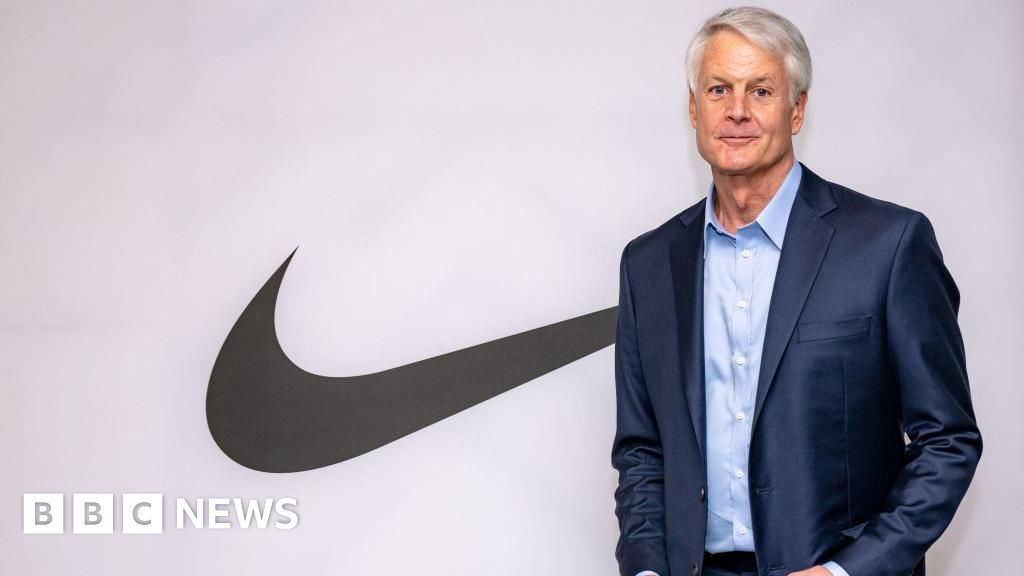




































































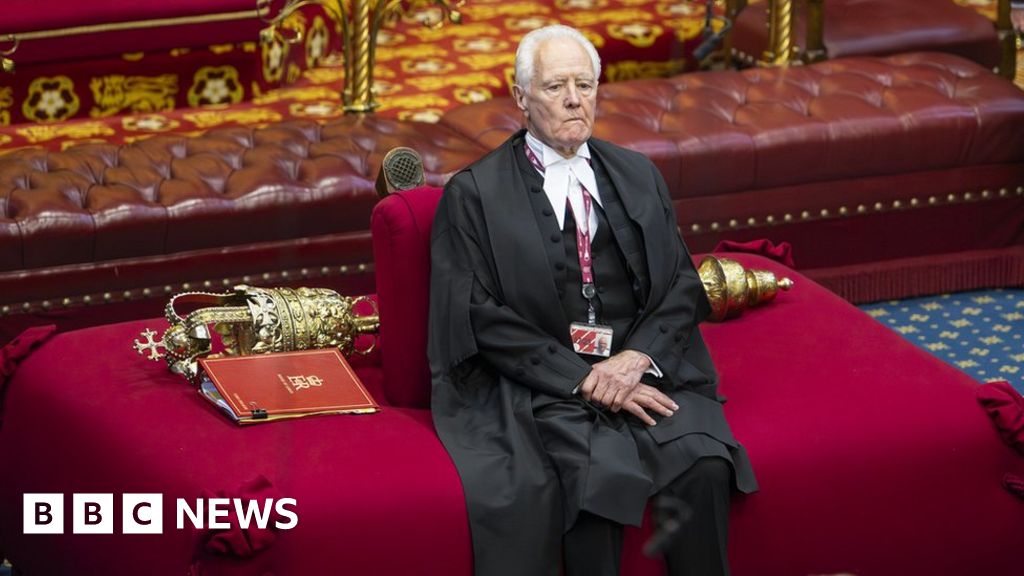
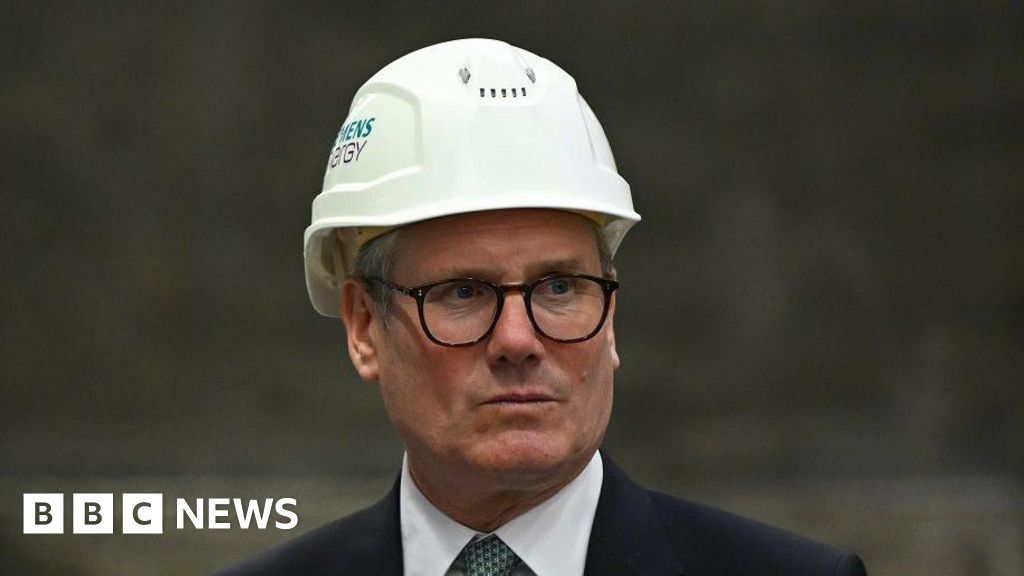




























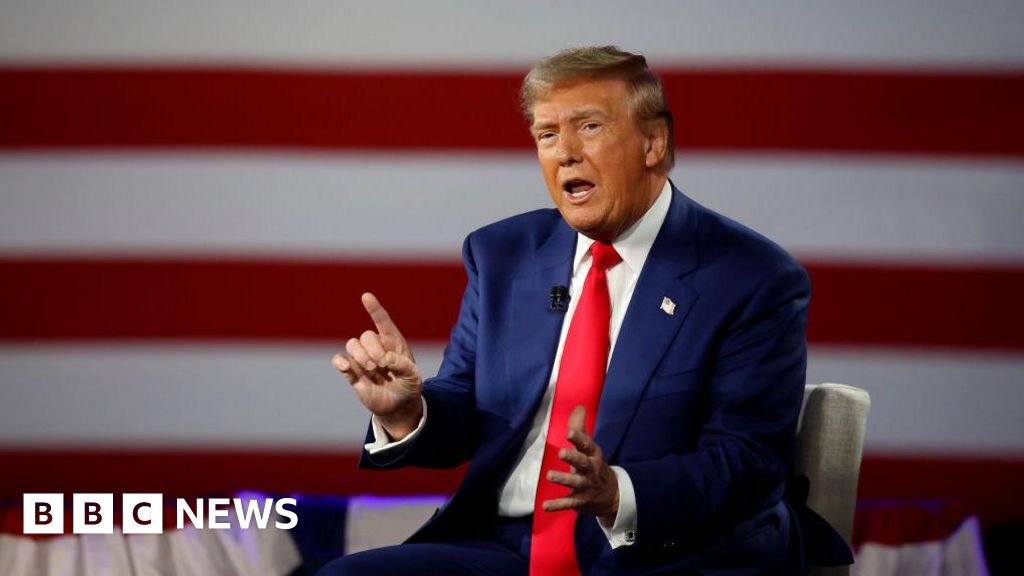


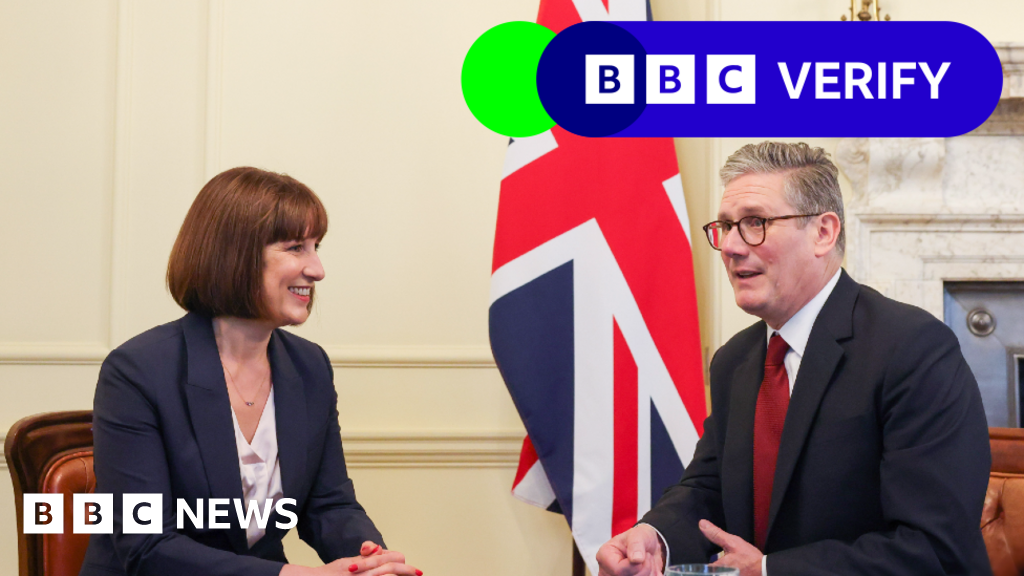














You must be logged in to post a comment Login